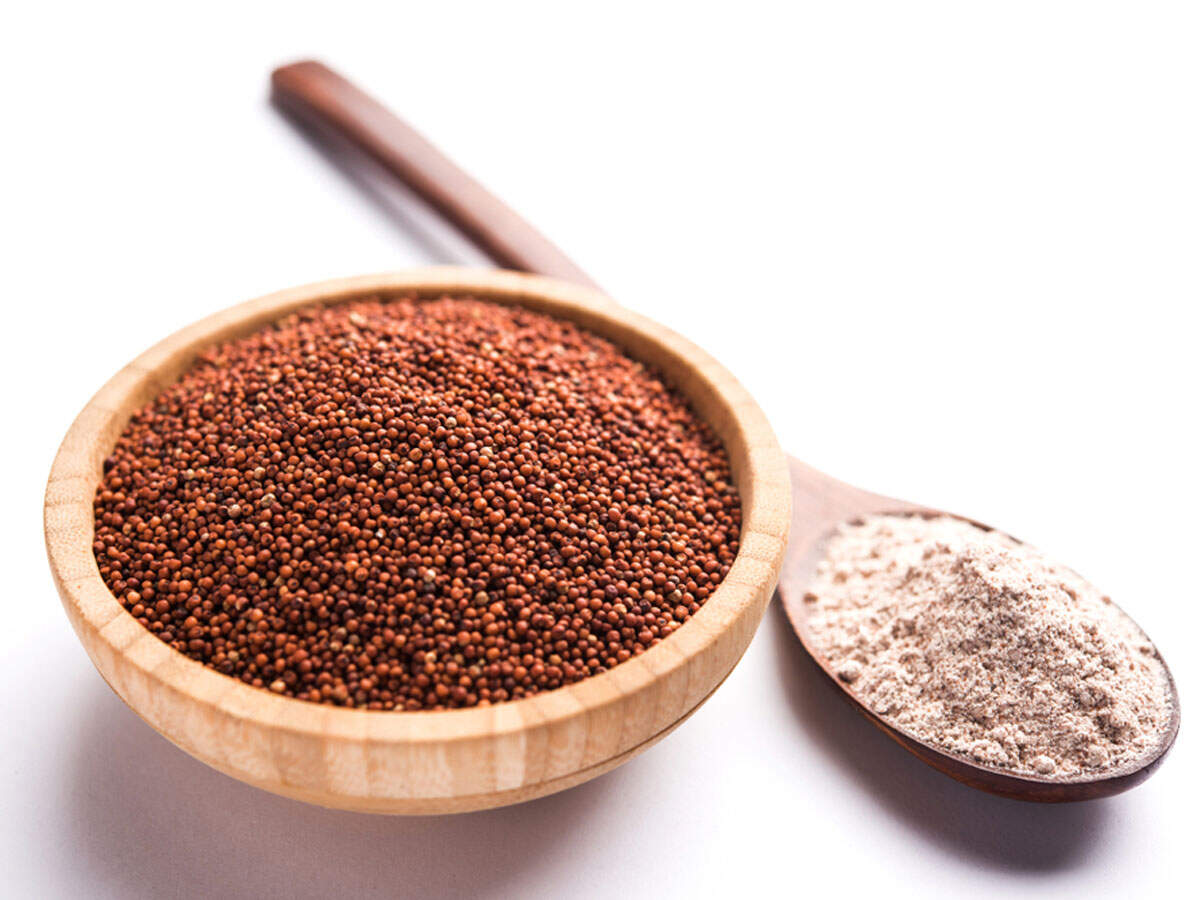
Noida: An animal pass — the first of its kind in NCR — is set to connect the two sides of the city’s biggest ecotourism hub in Sector 91. The wildlife crossing is aimed at habitat conservation and is expected to help avoid collisions between vehicles and animals.
Noida Authority is developing Sector 91 as the ‘lungs of Noida’ with 146 acres of green space, including a city forest, herbal garden, biodiversity park and a wetland.
While the city forest is spread over 35 acres, the 75-acre biodiversity park — the largest in the city — is nearing completion. Officials said that the city forest and the park are home to nilgai as well as reptiles, wild lizards, brown Indian hare, mongoose and peacocks. It is also frequented by numerous species of migratory birds, butterflies, dragonflies and insects along with frogs and fish.
The ecotourism zone is divided into two parts by a culvert, or an open drain, and adjoining service road. While the city forest and biodiversity park are on one side, the herbal garden and the wetland are on the other. The drain already has a bridge which animals use when they search for water. The authorities plan to cover this bridge with grass and plantation of native species and turn it into a coherent green space. It will be meant for use only by animals, cyclists or those on foot. “There is an existing unused walking bridge over the culvert, about four feet wide, which will be developed as an animal pass for the wildlife to easily move within the region and cross the culvert and the adjoining road,” Rajeev Tyagi, general manager, Noida Authority.
“Several European countries have such animal passes across expressways or roads that pass through forest areas. To preserve the flora and fauna, Noida Authority is developing the animal bridge which will connect all four areas being developed in Sector 91. This will be a first of its kind in the region,” he added.
The area is inhabited by wetland birds such as common moorhen, black ibis, black winged stilt, cattle egret, white breasted waterhen, Indian pond heron, white throated kingfisher, night heron, little grebe and little cormorant, among others.
“Black headed ibis is a threatened species and bird watchers are really happy about it being spotted. The presence of a large number of wetland species has been a great encouragement to environmentalists,” Tyagi said.
The ecotourism hub will be accessible from the Noida-Greater Noida expressway and via public transport with the metro stations of sectors 137 and 83.
Noida Authority is developing Sector 91 as the ‘lungs of Noida’ with 146 acres of green space, including a city forest, herbal garden, biodiversity park and a wetland.
While the city forest is spread over 35 acres, the 75-acre biodiversity park — the largest in the city — is nearing completion. Officials said that the city forest and the park are home to nilgai as well as reptiles, wild lizards, brown Indian hare, mongoose and peacocks. It is also frequented by numerous species of migratory birds, butterflies, dragonflies and insects along with frogs and fish.
The ecotourism zone is divided into two parts by a culvert, or an open drain, and adjoining service road. While the city forest and biodiversity park are on one side, the herbal garden and the wetland are on the other. The drain already has a bridge which animals use when they search for water. The authorities plan to cover this bridge with grass and plantation of native species and turn it into a coherent green space. It will be meant for use only by animals, cyclists or those on foot. “There is an existing unused walking bridge over the culvert, about four feet wide, which will be developed as an animal pass for the wildlife to easily move within the region and cross the culvert and the adjoining road,” Rajeev Tyagi, general manager, Noida Authority.
“Several European countries have such animal passes across expressways or roads that pass through forest areas. To preserve the flora and fauna, Noida Authority is developing the animal bridge which will connect all four areas being developed in Sector 91. This will be a first of its kind in the region,” he added.
The area is inhabited by wetland birds such as common moorhen, black ibis, black winged stilt, cattle egret, white breasted waterhen, Indian pond heron, white throated kingfisher, night heron, little grebe and little cormorant, among others.
“Black headed ibis is a threatened species and bird watchers are really happy about it being spotted. The presence of a large number of wetland species has been a great encouragement to environmentalists,” Tyagi said.
The ecotourism hub will be accessible from the Noida-Greater Noida expressway and via public transport with the metro stations of sectors 137 and 83.
Elections 2019
Trending Topics
LATEST VIDEOS
More from TOI
Navbharat Times
Featured Today in Travel
Quick Links
Lok Sabha Election Schedule 2019Lok Sabha Election NewsDelhi Capitals teamMI team 2019Rajasthan Royals 2019RCB team 2019Maharashtra Lok Sabha ConstituenciesBJP Candidate ListBJP List 2019 TamilnaduShiv Sena List 2019AP BJP List 2019Mamata BanerjeeBJP List 2019 MaharashtraPriyanka GandhiBJP List 2019 KarnatakaAMMK Candidate List 2019BJP List 2019 WBLok Sabha Elections in Tamil NaduBSP List 2019 UPNews in TamilLok Sabha Poll 2019Satta Matka 2018PM ModiMahagathbandhanNagpur BJP Candidate ListChandrababu NaiduTamil Nadu ElectionsUrmila MatondkarNews in TeluguMadras High CourtTejashwi YadavArvind KejriwalTejasvi SuryaPawan KalyanArvind KejriwalYogi AdityanathJaya PradaSatta King 2019Srinagar encounter
Get the app







